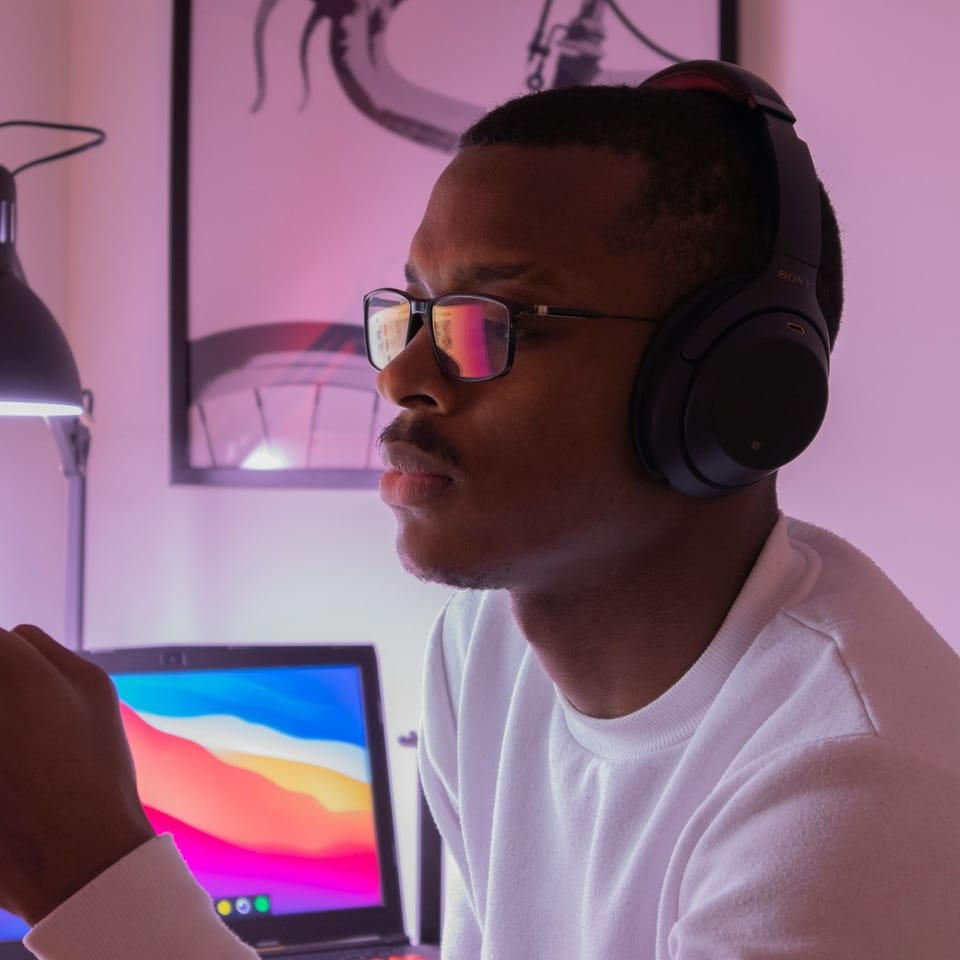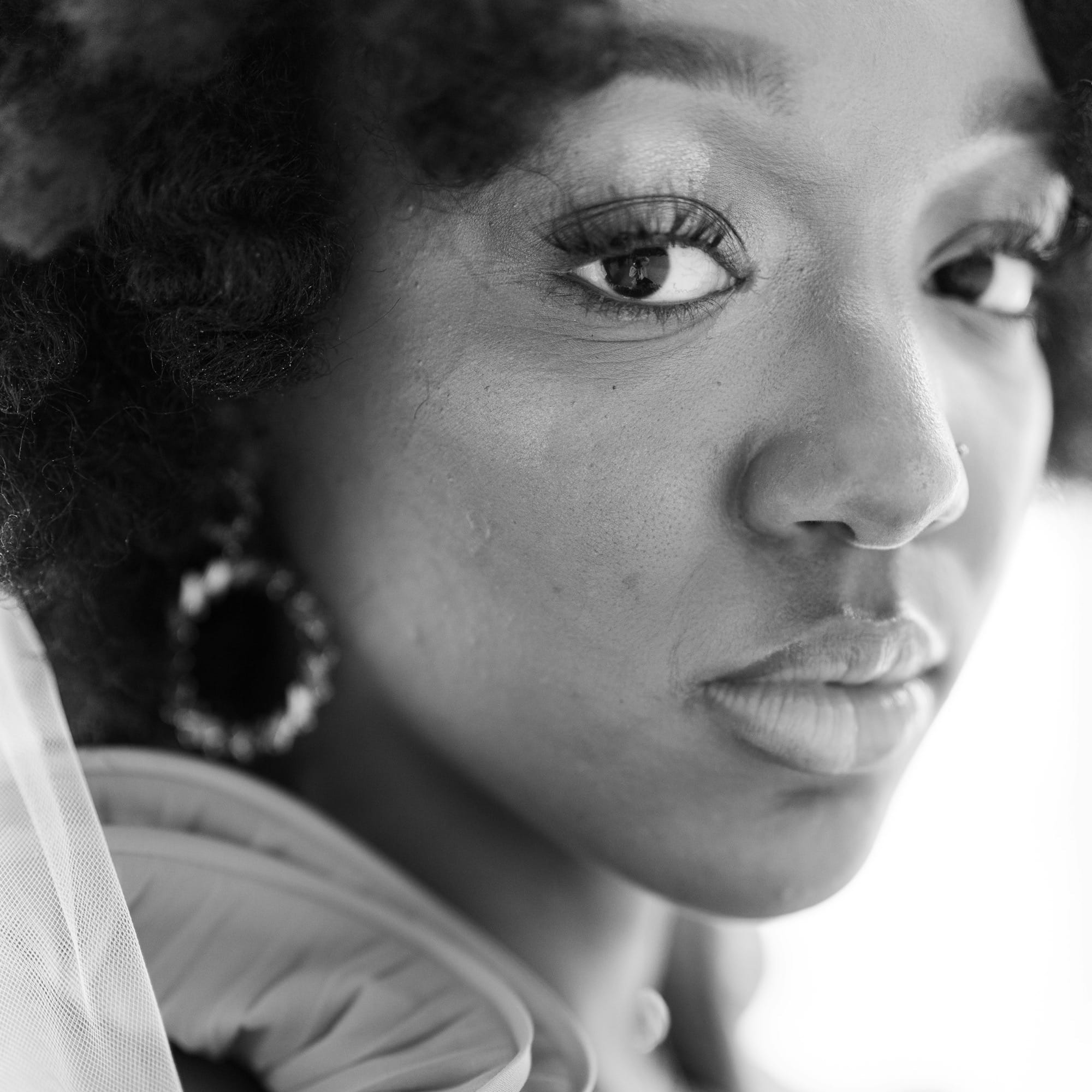Becoming an Executive Coach
Dive into the key points that I hope will make me an exceptional executive coach.

If things go according to plans, I'm going to be a certified Executive Coach by the end of August 2023.
Navigating the demanding corporate landscape can be tough for executives. That's where executive coaching comes in. As a growing field, it offers experienced professionals the opportunity to guide and support others in high-level positions.
Today, I'm humbly reflecting on what I believe will make me an exceptional executive coach. From developing my own coaching approach to effectively managing engagement, here's what I consider to be my unique blend of skills and expertise.
Create a Personal Model of Coaching
I believe that knowing yourself is paramount when it comes to coaching. Understanding our values, strengths, and weaknesses gives us a stable foundation to work from. Personally, I value authenticity, courageous conversations, open communication, and a growth mindset. I love working with people who are passionate about their work and are eager to learn and experiment.
When it comes to coaching style, I believe in building trust and rapport by actively listening, asking open-ended questions, and providing non-judgmental feedback. I think it's crucial to involve all parties in the coaching process and be transparent about goals, expectations, and timelines. I strive to establish a collaborative and respectful relationship where clients feel safe to explore their challenges and opportunities.
Good Engagement Management
The best executive coaching relationships are built on strong engagement management. This means keeping clients, sponsors, and coaches on the same page throughout the coaching process.
Ultimately, my objective as a coach is to focus on results and help clients achieve their goals. I believe in setting clear and achievable objectives, creating action plans, and monitoring progress effectively. I also feel it's vital to hold clients accountable for their commitments, provide regular feedback, and make adjustments when necessary.
Lifelong Learning
Another critical factor for me as a coach is lifelong learning. I am committed to staying up-to-date on the most recent trends, research, and best practices in executive coaching. I seek feedback and mentorship from experienced coaches, attend virtual conferences, workshops, and participate in continuing education programs to enhance my coaching skills continually. My last session was on AI and the democratization of coaching. Exciting!
In conclusion, my personal model of coaching is centered on authenticity, engagement management, focus on results, and continuous learning. Being a coach is a collaborative and lifelong process, and I am excited to build authentic relationships with my clients, help them achieve their goals, and grow as a professional alongside them.
The illiterate of the 21st century will not be those who cannot read and write, but those who cannot learn, unlearn, and relearn.
Alvin Toffler



